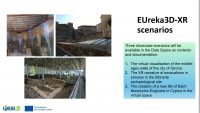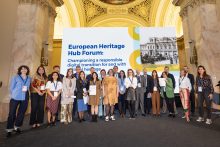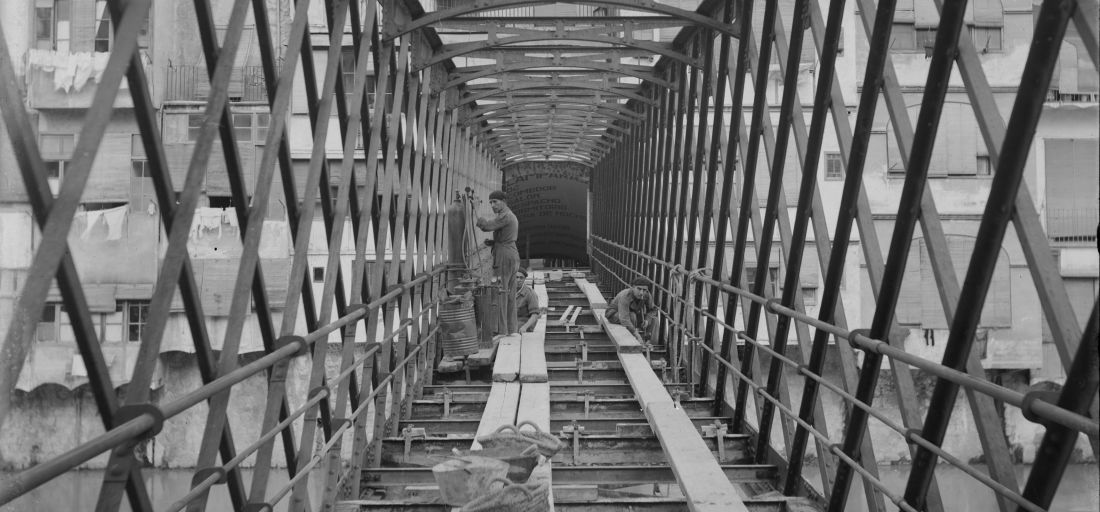
img: Eiffel bridge in Girona, photo CRDI / Ajuntament de Girona, Public Domain.
Under coordination of WEAVE partners KU Leuven and Photoconsortium, a paper was submitted for the upcoming Image and Research conference in Girona (16-18 November 2022), where it was presented by Photoconsortium’s vicepresident Antonella Fresa.
The Image and Research Conference (Antoni Varés Conference) has been held in the city of Girona since 1990. This event brings together every two years experts and the public interested in debating, reflecting and teaching different aspects related to the management of photographic and audiovisual heritage.
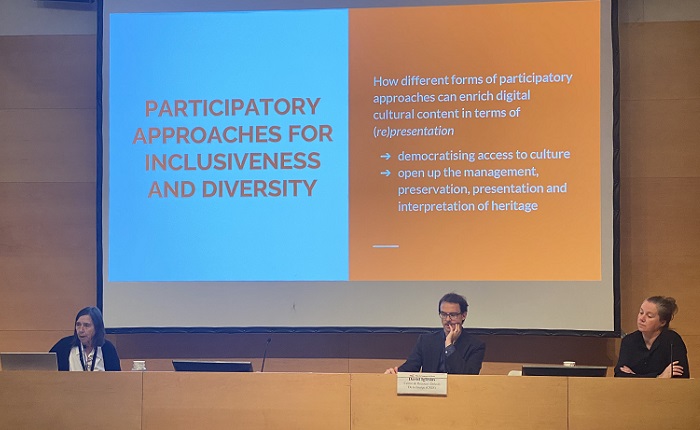
The paper featuring WEAVE and its outcomes is entitled “Metadata generation for intangible heritage: the role of crowdsourcing and AI to address bias risk“, and it presents lessons learned from work on metadata enrichment in cultural heritage and archival collections, using both Artificial Intelligence as well as crowdsourcing in a complementary strategy.
Download Presentation (PDF, 2 Mb)
While AI approaches are unavoidable to be able to improve metadata at a sufficient scale, crowdsourcing through annotation tools proves crucial to validate the obtained results.
More importantly, involving stakeholders and representative organisations in this process is important as well as necessary to cope with contextual bias and misrepresentation, for which automated mappings cannot easily be implemented. To this regard, the WEAVE project demonstrates best practice approaches that were tested and validated during the project.
Metadata generation for intangible heritage: the role of crowdsourcing and AI to address bias risk
co-authored by Valentina Bachi (Photoconsortium), Rosa Cisneros (Coventry University), Antonella Fresa (Photoconsortium), Allison Kupietzky (The Israel Museum, Jerusalem), Alexandru Stan (IN2 Digital Innovations) and Frederik Truyen (KU Leuven).
In addition to this paper about metadata and communities representation in cultural heritage, a presentation of the major 3D digitization task performed by WEAVE partner CRDI was delivered by Marc Hernandez of La Tempesta, the specialized technology partner of CRDI, who explored challenges and solution for complex 3D digitization of daguerreotypes with photogrammetry techniques.
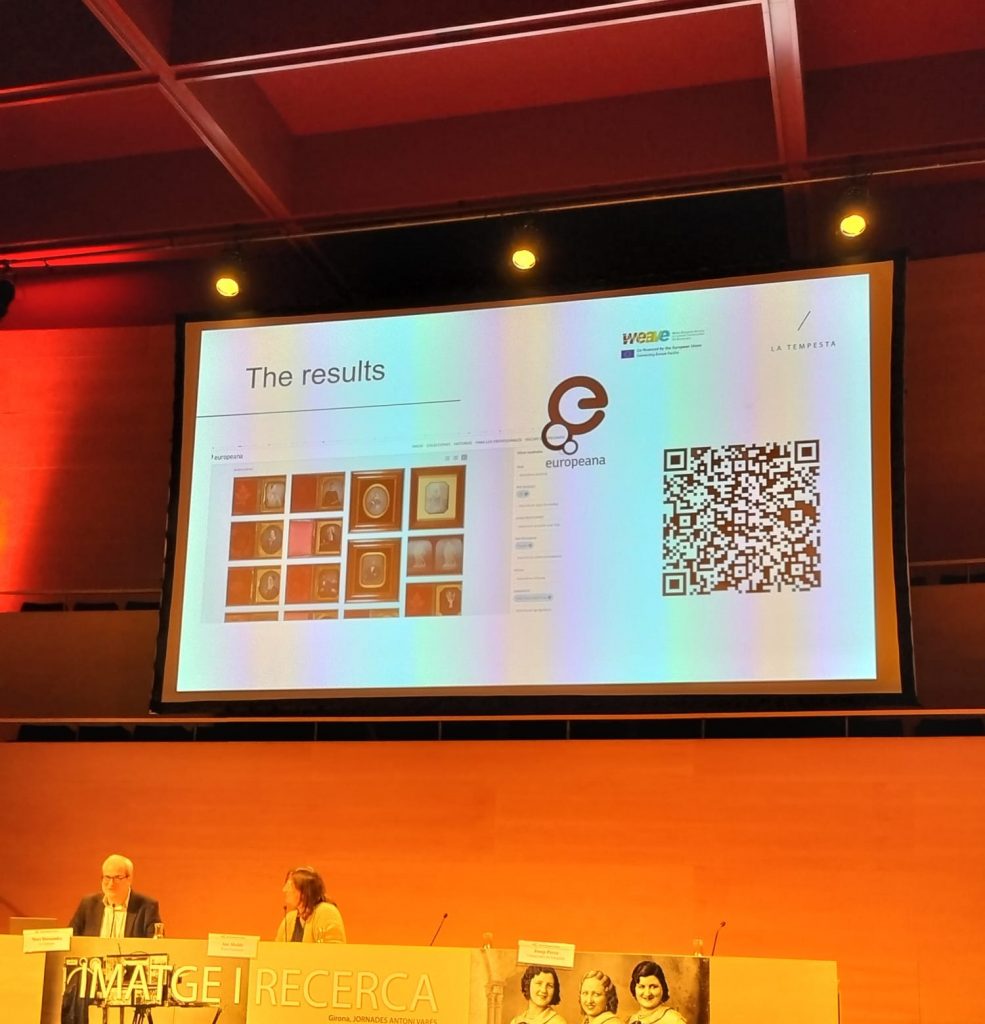
This blog is part of WEAVE – Widen European Access to cultural communities Via Europeana: a project funded by the European Commission under the Connecting Europe Facilities (CEF) aimed at developing a framework to link the tangible and intangible heritage of cultural communities.


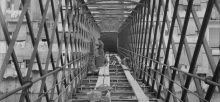
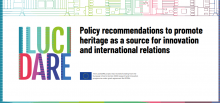
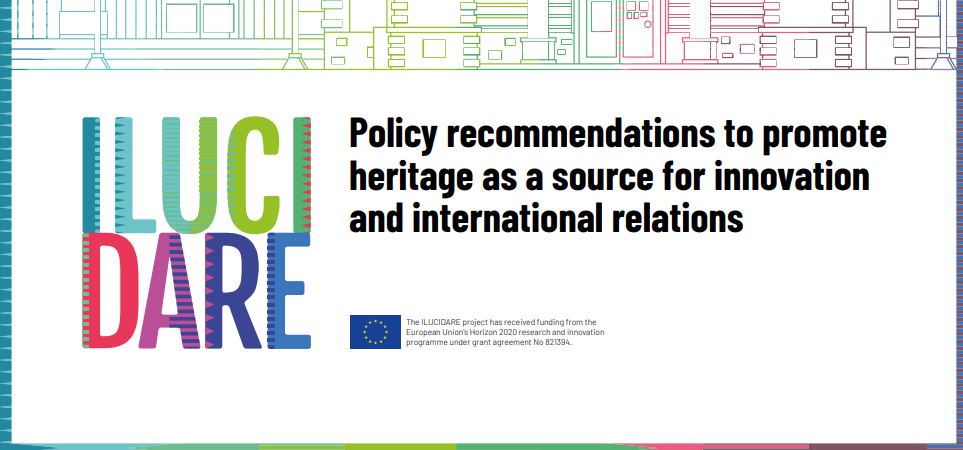
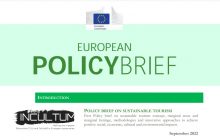
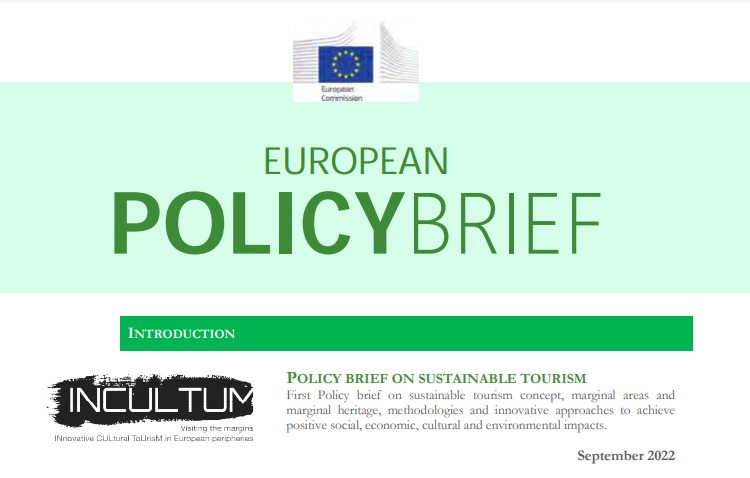
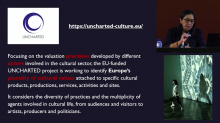
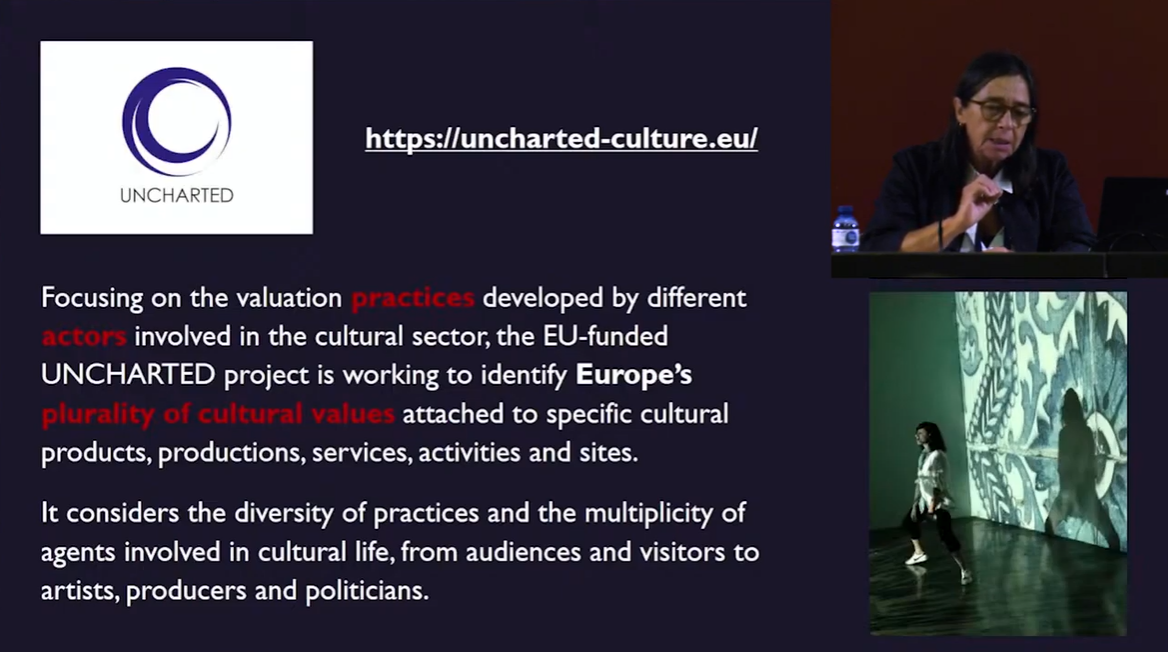
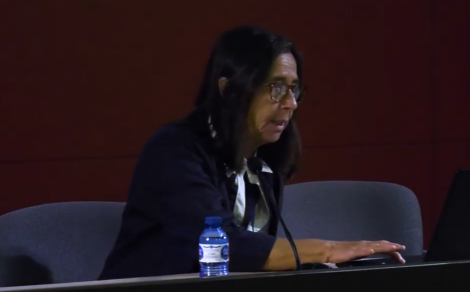 Antonella Fresa
Antonella Fresa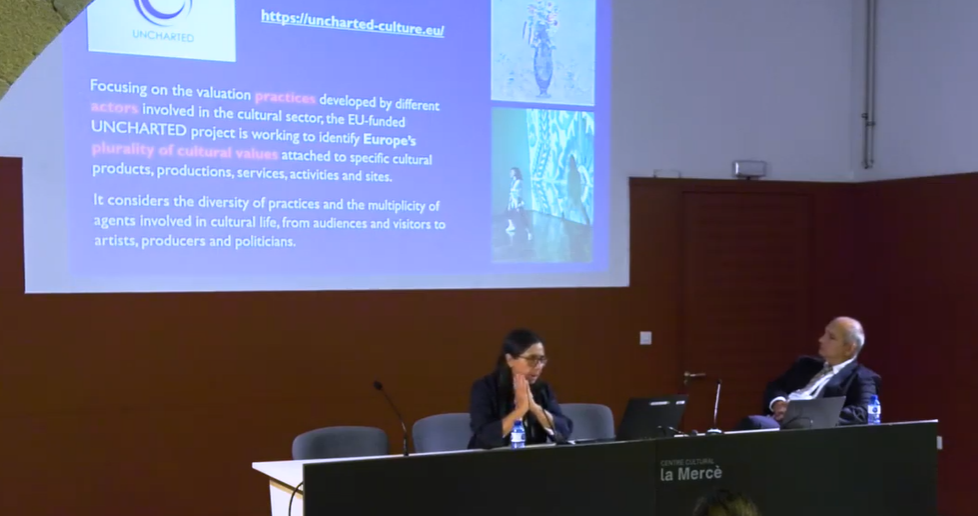
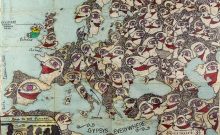
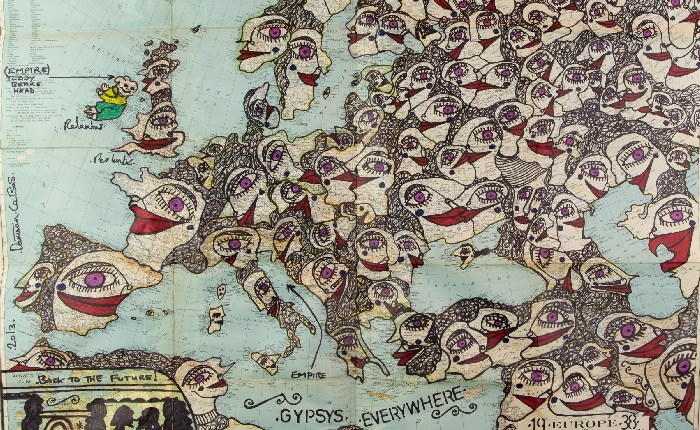 img. (cropped): Back To The Future! Safe European Home 1938, Damian Le Bas, Kai Dikhas Foundation / ERIAC, In Copyright – Educational Use Permitted.
img. (cropped): Back To The Future! Safe European Home 1938, Damian Le Bas, Kai Dikhas Foundation / ERIAC, In Copyright – Educational Use Permitted.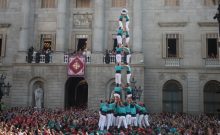
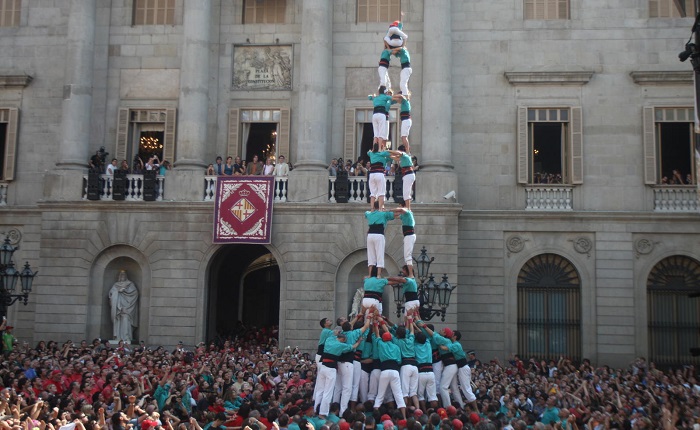
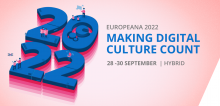
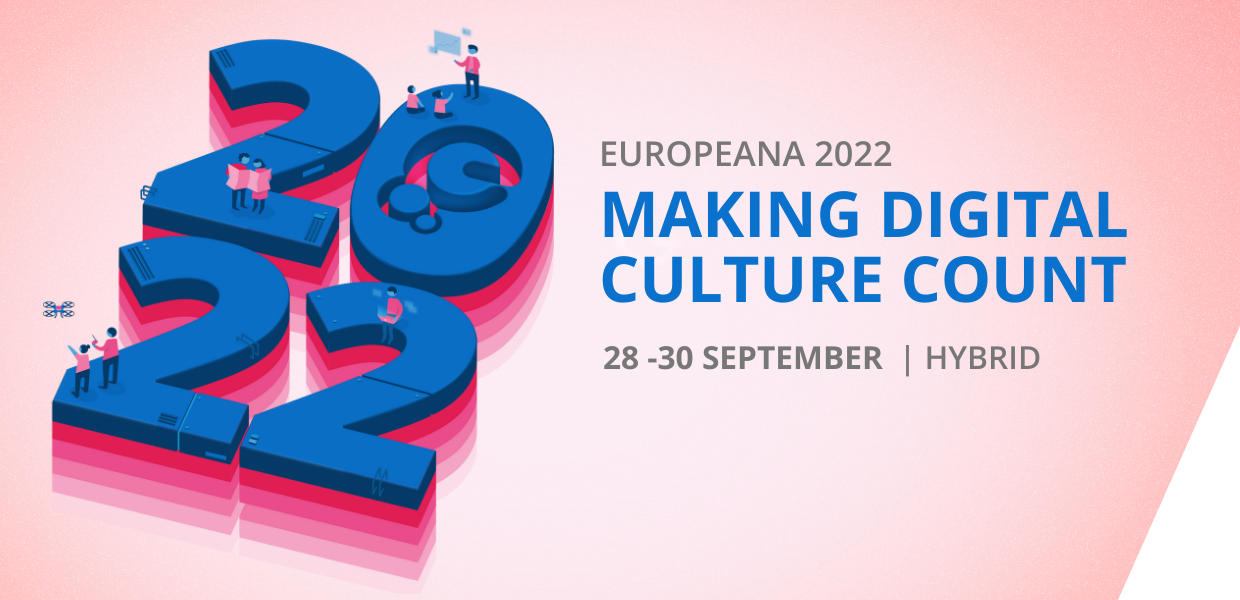 From 28 to 30 September the annual Europeana conference will take place in a hybrid format: online and on-site at the KB, National Library of the Netherlands in The Hague.
From 28 to 30 September the annual Europeana conference will take place in a hybrid format: online and on-site at the KB, National Library of the Netherlands in The Hague.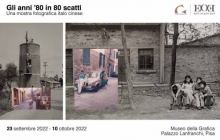
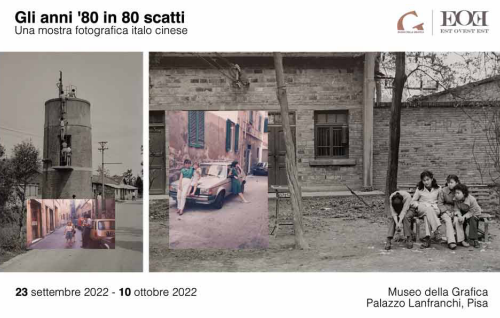
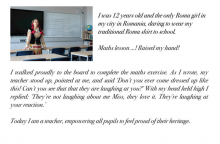
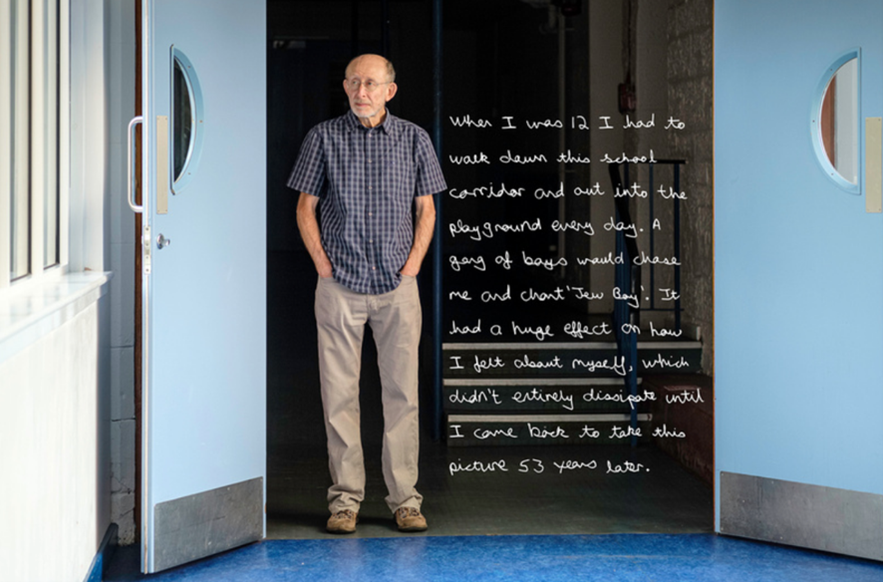
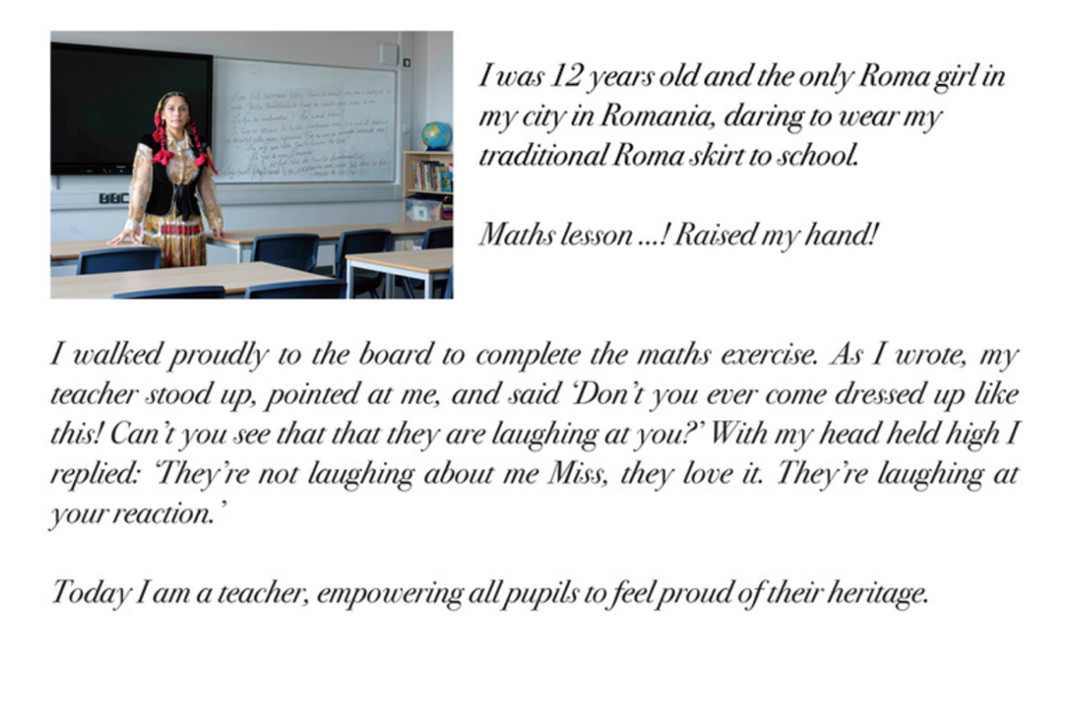
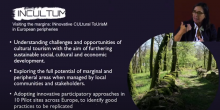
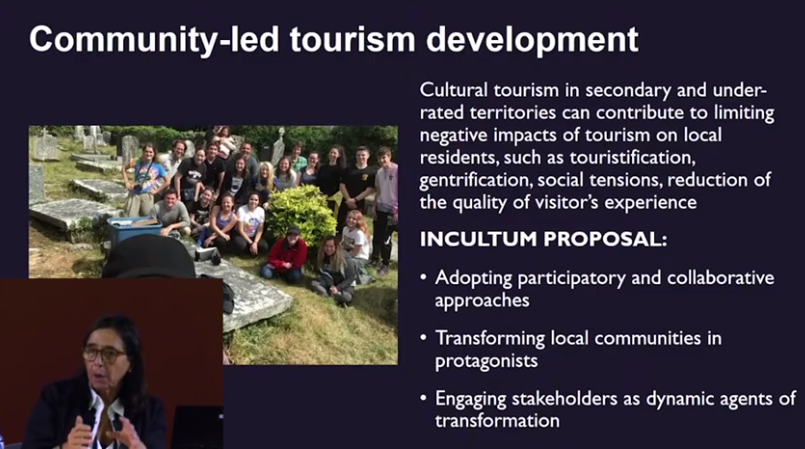
 If you have interesting news and events to point out in the field of digital cultural heritage, we are waiting for your contribution.
If you have interesting news and events to point out in the field of digital cultural heritage, we are waiting for your contribution.





























